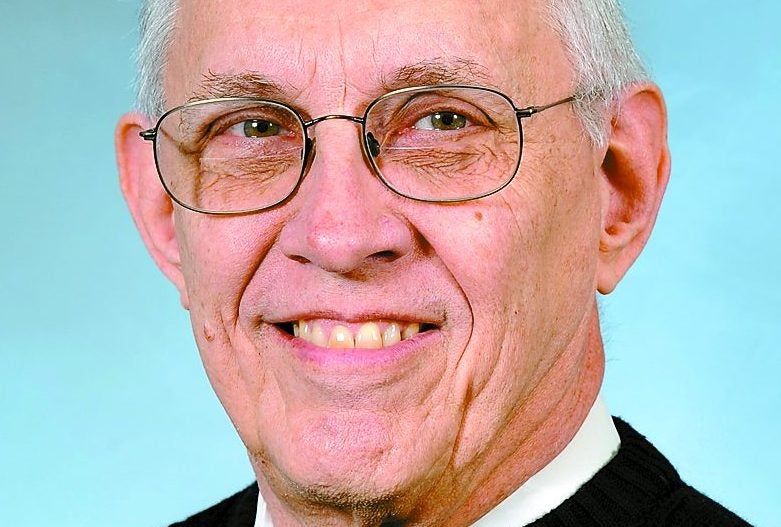Witt: ‘Minds’ meeting focuses on Electoral College
Published 5:41 pm Tuesday, May 2, 2017

- Chuck Witt is a retired architect and a lifelong resident of Winchester.
During its April monthly meeting at the library, the Meeting of Minds discussion group tackled the issue of the electoral college and its relevance to the world of politics today.
There was general agreement that the concept is flawed, but no consensus as to whether or not it should remain in place.
The method of using electors to pick the president is enshrined in the Constitution, Article II. If it is to be changed or removed, this can only be done by a Constitutional amendment. And there are only two methods of amending the Constitution, one by origination in the Congress with passage by three-fourths of the states concurring. The second method is by a Constitutional Convention, a method much more difficult to initiate and one which has never been used with success since the Constitution was ratified.
It should be remembered that the Electoral College (it was not called that in the Constitution) was designed as a compromise to get the entire Constitution ratified at a time when there were only 13 states and less than 4 million people in the country.
So, a reasonable question is whether the Electoral College is still relevant in a nation of 50 states and more than 330 million people.
The main question which accompanies the use of the Electoral College is why should 270 individuals make the final decision of who should be president, rather than a majority of the estimated 200 million eligible voters?
Prior to 2016, there were four instances when the presidency was won by electoral vote without carrying the popular vote: John Q. Adams in 1824, Rutherford B. Hayes in 1876, Benjamin Harrison in 1888 and George W. Bush in 2000.
One of the reasons cited for maintaining the Electoral College is that it preserves states’ voices. A response might be: why is preservation of a states’ voice more important than the voice of the individual?
Another reason stated is it facilitates a two-party system. But why is a two-party system the best approach? Several worldwide democracies operate outside a two-party system, including Germany and Israel, and they appear to do so quite acceptably, utilizing numerous parties which form coalitions when necessary to reach compromise.
One of the disadvantages of the College suggests small states and swing states have excessive power. For instance, California has 55 electoral votes with each vote representing more than 705,000 people while Wyoming’s three electoral votes each represent about 195,000 people. If California were to apportion votes at the same ratio, there would be 199 electoral votes allocated to the state. The number of electors, 538, one for each member of Congress and three for the District of Columbia, has been in place since 1964.
In most states, electors are pledged — not required by law — to vote for the candidate who carries the state by a plurality of the vote.
However, in Maine and Nebraska, only two of the electors are so pledged, while the remaining electors are free to vote for the candidate who carried their district.
And electors can be faithless, i.e. not pledged to vote for the highest vote getter. In 2016, seven electors declined to vote for the winner in their state, but no election has ever been changed by the action of faithless electors.
It’s all very complicated. Even the very smart people in the Meeting of Minds group could only suggest some tentative solutions. But the discussion was fun and enlightening.
Chuck Witt is a retired architect and a lifelong resident of Winchester. He can be reached at chuck740@bellsouth.net.






